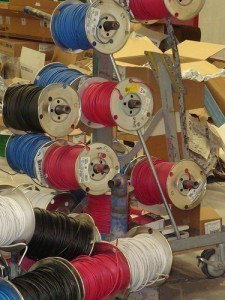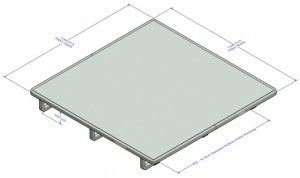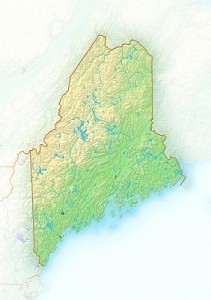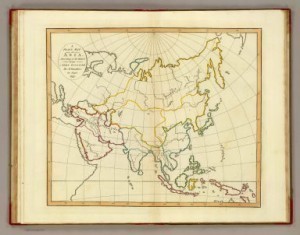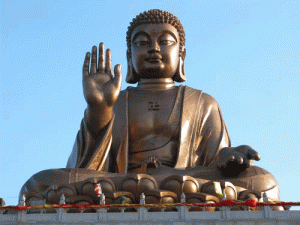How Large is a Backpack?
The best backpack size depends on how long you are going hiking. The following is a guide that you can use when you go trekking.
Five Nights or More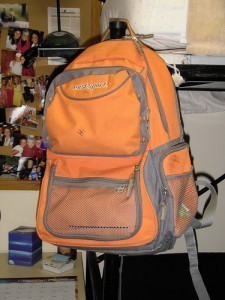
For the summer, you should choose a backpack with a 4000-5000 cubic inch capacity or 65-80 liters. For fall and spring it has to be over 5000 and an 80-90 liter capacity. The same figures should be used for backpacking in the winter.
For 3 to 5 Nights
For the summer it should be 3000-4000 cubic inches (50-65 liters). For the spring and fall the cubic capacity is 4000-5000 inches (65-80 K). The ideal backpack size for the winter is 5000 cubic inches and 80-90 liters.
1 to 2 Nights
For the summer the best size is 2500-3000 cubic inches (40-50 l). For the spring and fall it is 3000-3500 cubic inches (50-55 l). The ideal figure for the winter is 4000-5000 (65-90 l).
One Day Hikers
For the summer you will need to carry a pack with a capacity of 1500-2000 cubic inches (25-35 l). For the spring and fall it is 2000-2500 / 35-40 l). For the winter the best figure is 2500-3500 / (40-55 l).
A Balancing Act
You have to strike a balance between carrying too much and too little. Of course you want to make sure that you have all the necessary equipment.
But you should not carry unnecessary stuff. An overloaded pack will be difficult to carry. It will also slow you down. The guide shows that the season and the duration of the trip are crucial.
Hiking and the Weather
Hiking in cold weather is more difficult. Part of the reason is you have to carry more clothing and thicker sleeping bags. If you’re the type who takes short summer hikes, a fanny pack will be sufficient. These are also known as daypacks.
These aren’t as big as regular backpacks. But they are big enough for food and drinks for day hiking. There is also more ventilation here.
Other Information
Pack lightly if you have to cover a lot of ground. If you have to bring a lot of heavy baggage, set them on your back in the pack’s center.
Regardless of the backpack size you choose, always prepare for different weather conditions. Assume the worst even if the weatherman says otherwise. Do not forget to bring necessary stuff like GPS, headlamps, flashlights and a first aid kit.
